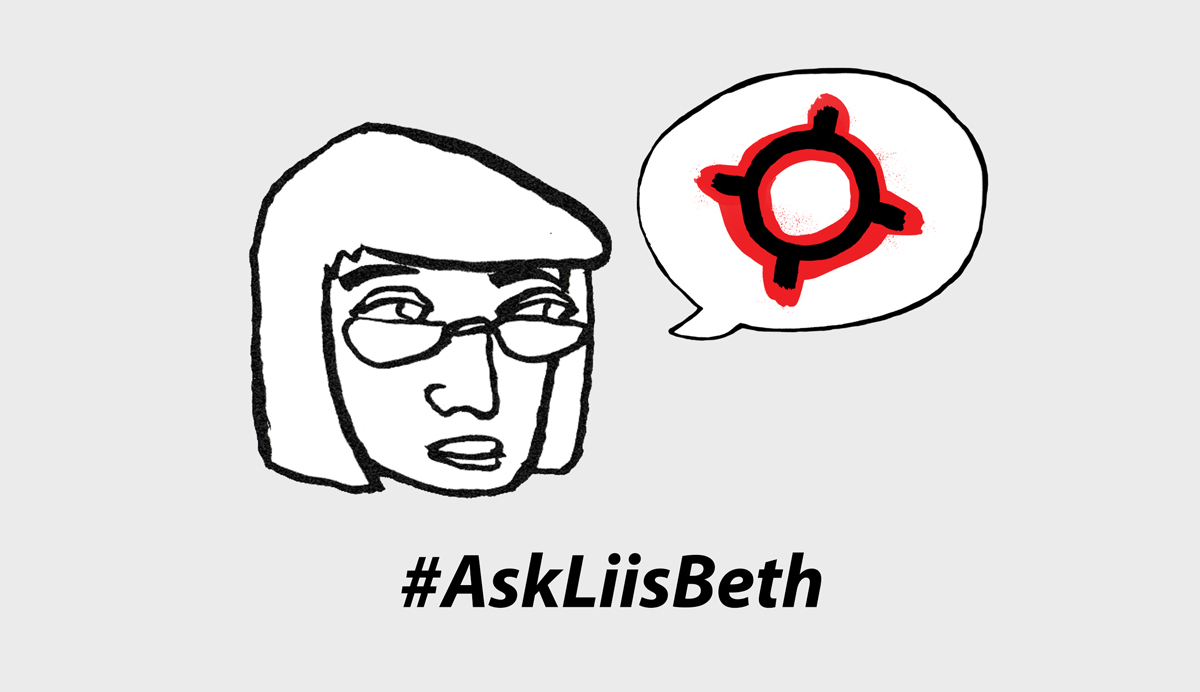Dear LiisBeth,
Help! I am about to print up new business cards, but I have no idea what my title should be. I just incorporated my new start-up service business. I have no employees and I work out of my home. I looked at other people’s cards and see everything from CEO to Chief Dishwasher. What title should I use?
Signed,
Annika
Dear Annika,
What people want to know when they receive your business card is who you are, some detail about your company, and what decision-making authority you have. Titles are a kind of shorthand for all this. It’s also important that you demonstrate an understanding of business structures and conventions in your industry when you choose your title if you want to be taken seriously.
Let’s be honest about using the title CEO. Every time you see a three-person enterprise or sole proprietor business card that says CEO, you want to cringe, right? At least we do.
CEO stands for Chief Executive Officer, a title that implies you have other “executive officers” like CFO, CTO, or CMO. These are senior leaders who usually have vice presidents reporting to them, which makes them the chief. It also indicates that the company is a very large for-profit entity, likely incorporated and publicly listed. CEO titles tell others you were hired and appointed by a board of directors, that your operating decision-making power is paramount but corporate-level power is limited, and that you may or may not have an equity stake (usually through compensation or performance-based options).
President is a title similar to CEO, but typically refers to someone in charge of a private, stand-alone company or a separate division within a larger company. The people reporting to them are often functional heads with a VP or Director title (the key here is they have employees). Similarly, a President may or may not have any ownership stake. Again, operational decisions would be up to the President, but larger strategic decisions would involve a board of directors.
In the non-profit sector, the person in charge is typically called the Executive Director (ED) if there are other directors involved. EDs are generally hired by, and report to, a non-profit board of governors. They usually have operational decision-making power, but larger decisions will be made with input by the board.
If you’re a sole proprietor of a newly minted non-profit or incorporated start-up (which generally have at least three board of directors and zero or few employees), pick a title that is in line with your company’s stage and type, your role description, and the level of decision-making authority you have. It’s important to choose a title with credibility and integrity.
With entrepreneurs, we typically suggest using the title Founder, which means you started the company, along with either Owner or Operator (if you have no staff) or President (if you have staff). If you prefer a non-hierarchical approach, you can simply say Founder followed by your main functional role. For example, Business Development, Product Management, Producer, and so on.
You could always forgo a title altogether, or opt for a fun one like “Head Cheese,” which can be appreciated by staff and insiders, but don’t expect your banker or the angel investor you’re courting to be impressed.
In the end it’s up to you and what you want to communicate, as long as you’re aware of what these commonly used—and abused—titles really mean.
–LiisBeth
About the author
Related Reading

“How Can We Support You?”
Immigrant Women in Business (IWB) strives to lift up and empower new Canadians venturing into
entrepreneurship






